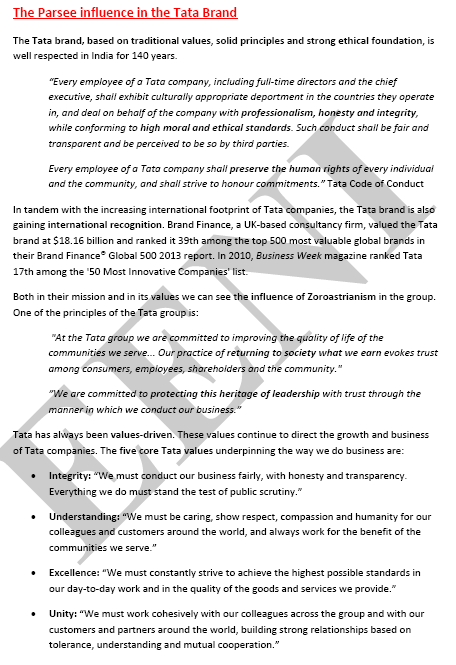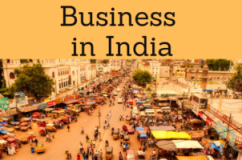TATA Group (Zoroastrian)

Tata Group Global Strategy (India, Parsee)
- Profile of the Tata Group
- Tata Group Global Strategy
- Tata Motors. Tata Nano Car
- Philanthropic Activities of the Tata Group
- Cyrus Pallonji Mistry (Director of the Tata Group)
- Zoroastrian Connection
Tata Group (Zoroastrian, India)


The Subject “Tata Family (Zoroastrian, India)” belongs to the following Online Programs taught by EENI Global Business School:
Course: Zoroastrianism and Business.

Masters: International Business, Foreign Trade, Religions & Business.
Doctorate: Ethics, Religion & Business, World Trade.
Why study “Zoroastrianism and Business”?.
Languages:  or
or  Tata
Tata  Groupe TATA (Inde).
Groupe TATA (Inde).
Indian Businesspeople: Srichand Hinduja, Kumar Birla, Gopalakrishnan, Shri Mukesh Ambani, Kiran Mazumdar, Yusuf Hamied, Azim Premji, Sahu Jain, Bhavarlal Jain, Ajit Gulabchand, Gautam Adani, Cyrus S. Poonawalla, Adi Godrej, Nusli Wadia.

Masters adapted to  Indian Students (Bharat).
Indian Students (Bharat).
Tata Group (India).
Perhaps one of the aspects that may be surprising when we analyze the evolution of the TATA Group is the continuing Zoroastrian influence on the direction of the company, what we have called “The Zoroastrian connection.”
The TATA Group has always been led by members of the Tata family (all Zoroastrians), except on two occasions, which was also directed by two followers of the religion of Zarathustra.
Tata Group:
- Total revenues: 100 billion dollars (the equivalent of 3.2% of the Indian GDP)
- 58% from the international markets
- 450,000 employees
Both in their mission and values we can see the influence of Zoroastrianism on the group. One of the principles of the Tata group is the philanthropy:
“We are committed to improving the quality of life for the communities we serve.
Our practice of returning to society what we earn evokes trust among the consumers, employees, shareholders, and community.”
- The Tata Group devotes significant efforts to philanthropy, dedicating 3% of its profits to philanthropic causes
- The Tata Group devoted to philanthropic causes about 170 million dollars, equivalent to 3% of net profit of the group


The Tata Group's headquarters are in Maharashtra - Mumbai.
The Tata Group includes 98 operating companies in seven business sectors:
- Information systems and communications
- Engineering
- Materials
- Services
- Energy
- Consumer products; and
- Chemicals
Jamsetji Tata created the Tata Group in 1868 (under the British rule). One of the historical missions of the company has been cooperating to build the modern India.


